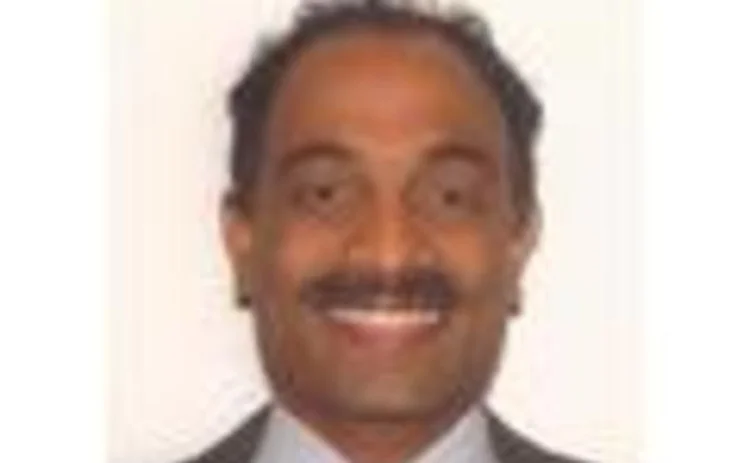Multi-Asset Platforms Are Efficient, But Don't Force It

In recent years, market structure in the various asset classes has begun to look more similar, thanks in large part to regulation. That has coincided with a more cost-conscious environment for IT. Executives see an opportunity to rationalize operations, find synergies in the siloed platforms, and perhaps combine platforms entirely into a true multi-asset monster. A panel discussion at Waters USA tackled this transformation.
"The biggest challenge that the broker-dealers face is up until a year or two ago, we were taking technology platforms that were built for one thing and trying to force them to do more and more and more," said Deborah Mittelman, global head of product management, direct execution, UBS. "Maybe your equities platform is the strongest, so where maybe it used to operate regionally, now you have to make it global, you have to make it 24 hours, which has tremendous implications for your support structure and your account coverage model. Now firms have accepted that this is here to stay, so you'll see new platforms being built that already have this in mind."
Cross-Pollination
One trap that firms fall into is to use all the components of their strongest system, usually equities, and extrapolate them onto other asset classes, according to Nachi Muthu, Credit Suisse global head of multi-asset electronic trading, listed derivatives, and over-the-counter (OTC) clearing IT. For other exchange-traded products, such as futures and options, that may be possible. But products that are traded differently, such as foreign exchange (FX), which is negotiation-driven, are square pegs that are not easy to fit into a round hole.
"If a product trades in a certain way, like risk-based quoting, then the mechanism for delivering those quotes could be leveraged across different types of products that trade in a certain way," said Greg Wood, director of algorithmic execution, listed derivatives and FX. "But you wouldn't use an order management system because that isn't the way that business works."
People
Olympian Group, a St. Petersburg, Florida-based hedge fund run by Michael Levas, has a proprietary multi-asset platform, while also using broker-supplied single-asset platforms for some trades. The central benefits of a multi-asset platform, Levas said, is an ability to quickly toggle between classes, to easily hedge, and to be able to go long and short simultaneously.
If a product trades in a certain way, like risk-based quoting, then the mechanism for delivering those quotes could be leveraged across different types of products that trade in a certain way.
Levas said the technology is only as effective as the trader is knowledgeable. The best person to operate such a system is one that has traded each asset class individually and knows their ins and outs.
"Clients want to look at the world one way," Mittelman said. "They want one-stop shopping. They want all their flow to look the same and feel the same."
Only users who have a paid subscription or are part of a corporate subscription are able to print or copy content.
To access these options, along with all other subscription benefits, please contact info@waterstechnology.com or view our subscription options here: http://subscriptions.waterstechnology.com/subscribe
You are currently unable to print this content. Please contact info@waterstechnology.com to find out more.
You are currently unable to copy this content. Please contact info@waterstechnology.com to find out more.
Copyright Infopro Digital Limited. All rights reserved.
As outlined in our terms and conditions, https://www.infopro-digital.com/terms-and-conditions/subscriptions/ (point 2.4), printing is limited to a single copy.
If you would like to purchase additional rights please email info@waterstechnology.com
Copyright Infopro Digital Limited. All rights reserved.
You may share this content using our article tools. As outlined in our terms and conditions, https://www.infopro-digital.com/terms-and-conditions/subscriptions/ (clause 2.4), an Authorised User may only make one copy of the materials for their own personal use. You must also comply with the restrictions in clause 2.5.
If you would like to purchase additional rights please email info@waterstechnology.com
More on Trading Tech
WatersTechnology latest edition
Check out our latest edition, plus more than 12 years of our best content.
A new data analytics studio born from a large asset manager hits the market
Amundi Asset Management’s tech arm is commercializing a tool that has 500 users at the buy-side firm.
How exactly does a private-share trading platform work?
As companies stay private for longer, new trading platforms are looking to cash in by helping investors cash out.
Accelerated clearing and settlement, private markets, the future of LSEG’s AIM market, and more
The Waters Cooler: Fitch touts AWS AI for developer productivity, Nasdaq expands tech deal with South American exchanges, National Australia Bank enlists TransFicc, and more in this week’s news roundup.
Inside the company that helped build China’s equity options market
Fintech firm Bachelier Technology on the challenges of creating a trading platform for China’s unique OTC derivatives market.
Experts say HKEX’s plan for T+1 in 2025 is ‘sensible’
The exchange will continue providing core post-trade processing through CCASS but will engage with market participants on the service’s future as HKEX rolls out new OCP features.
‘The opaque juggernaut’: Private credit’s data deficiencies become clear
Investor demand to take advantage of the growing private credit markets is rising, despite limited data, trading mechanisms, and a lack of liquidity.
Overnight trading blocked, consolidated tapes, BlackRock’s Larry Fink, data costs, and more
The Waters Cooler: Deutsche Börse provides crypto custody, FIS has a new GenAI tool, and some M&A activity in this week’s news round-up.







